Personal Details: Chapman, Arthur
Deputy Director
Member PHW Executive Board | PHW Central Editorial Office
Arthur Chapman, EdD, MPhil (*1966), is an Associate Professor in History in Education at the UCL Institute of Education, University College London. He was a history teacher for 12 years prior to taking a university post in history education and has worked at the universities of Oxford, Cumbria and Edge Hill as well as London. He is a series editor of the International Review of History Education and managing editor of the History Education Research Journal. His main research interest is in developing historical thinking, and, in particular, in young peoples’ understandings of historical argument, of historical explanation and of conflicts of historical interpretation.
Arthur Chapman, Dr. päd. (*1966), ist Professor für Geschichtsdidaktik am Institut für Bildungswissenschaften der Universität London. Zuvor war er 12 Jahre als Lehrer an der Schule und als Lehrbeauftragter an den Universitäten Cumbria, Edge Hill und auch London tätig. Er ist Mitherausgeber der Reihe "International Review of History Education" und der Zeitschriften "London Review of Education" und "International Journal of Historical Learning Teaching and Research". Darüber hinaus war er Mitherausgeber der Zeitschrift "Teaching History" (2007-2013). Sein hauptsächliches Forschungsinteresse liegt in der Entwicklung des historischen Denkens, insbesondere darin, wie Heranwachsende historische Argumente, Erklärungen und Interpretationskonflikte verstehen.
https://iris.ucl.ac.uk/iris/browse/profile?upi=AJCHA69-
When was Britain? Answers from Scotland and England
When was Britain? Answers from Scotland and England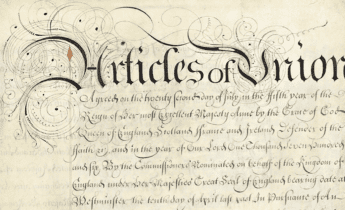
The contexts in which the term ‘Britain’ is favoured over ‘England’, ‘Scotland’ or ‘UK’ reveals much about the underlying assumptions.
-
The British Isles: Simple Geography or Complex Histories?
The British Isles: Simple Geography or Complex Histories?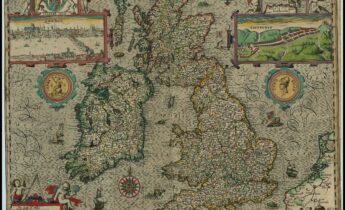
Monthly Editorial: June 2023 Abstract: Is it possible to separate geography from history and what role do place names play in positioning the things they name politically? These are two... Read More ›
-
Sounding the Silences: History, Revision and Inclusion
Sounding the Silences: History, Revision and Inclusion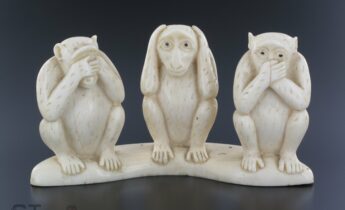
Histories, like narratives in general, can foreground or exclude. The choice of narrative subject is an inclusory and an exclusionary gesture.
-
History Education in a Climate of Crisis
History Education in a Climate of Crisis
Can history education, broadly understood, rise to the challenge of working within the ‘epochalyptic’ situation we are now in?
-
Narrowing Interpretations
Eingeschränkte Interpretationen
Narrowing Interpretations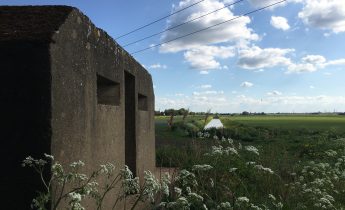
Public examinations involve a great deal of interpretation. How much freedom do those who interpret those frameworks have when devising assessments?
-
Collecting and Dividing Identities in the Age of Brexit
Einigende und trennende Identitäten in Brexit-Zeiten
Collecting and Dividing Identities in the Age of Brexit
Contemporary populist narratives tend to foreground “othering” to a remarkable degree. Is there a future for “collectivity” in an age of division?
-
On the Presences and Absences of Pasts
Über die An- und Abwesenheit von Vergangenheiten
On the Presences and Absences of Pasts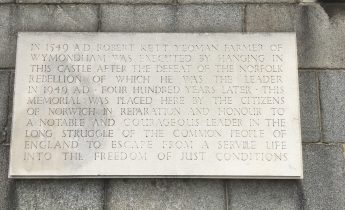
Despite its limitations, perhaps etymology can point to subterranean connections between words, spark possibilities for reflection and, thus, create or make explicit neglected semantic possibilities?
-
LUK – Reading Re-Writings of Official History
Neubewertungen offizieller Geschichte lesen
LUK – Reading Re-Writings of Official History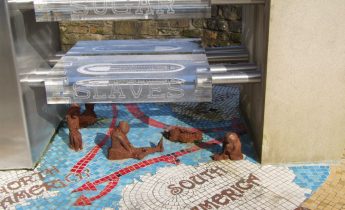
Official narratives as in LUK give us insights into national identity management. This is particularly true when they aim to project identity outwards.